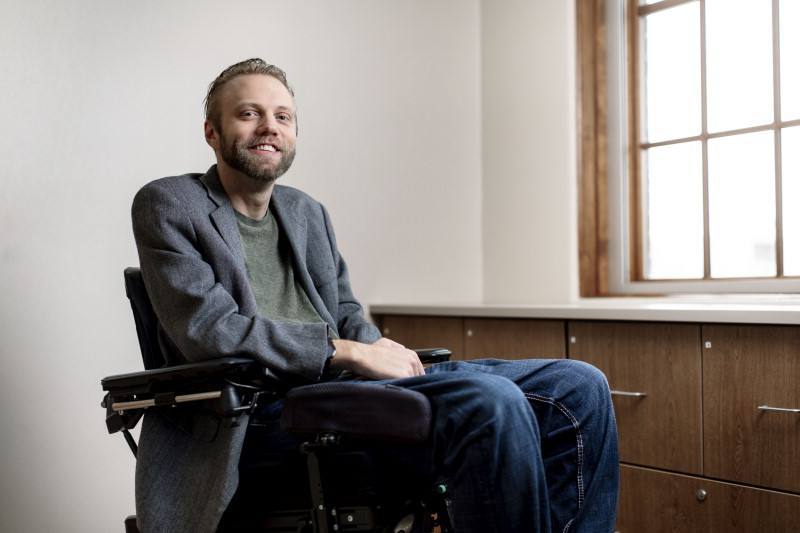
Mayo Clinic scored 100% on the Disability Equality Index and was named one of the "Best Place To Work For Disability Inclusion" by the American Association of People with Disabilities, the nation's largest disability rights organization, and Disability:IN, the global business disability inclusion network.

"The 100% score on the Disability Equality Index shows Mayo Clinic's determination and continuous efforts to create a more equitable society for people with disabilities," says Anjali Bhagra, M.D., medical director for Mayo Clinic's Office of Equity, Inclusion and Diversity.
"The award is a conduit for the institution's continuous efforts to accommodate and work closely with staff members with disabilities to create an environment that is inclusive of all."
The Disability Equality Index was created by the Disability Equality Index Advisory Committee — a diverse group of business leaders, policy experts and advocates — to help businesses make a positive impact by employing people with disabilities.
Meet Peter Grahn, Ph.D. — “I’ve never heard no”

The index is a comprehensive benchmarking tool that helps companies build a roadmap of measurable actions to achieve disability inclusion and equality. Companies complete a survey and receive a score on a scale of zero to 100. Those earning 80 and above are recognized as a "Best Place to Work for Disability Inclusion."
Since the COVID-19 pandemic, the Disability Equality Index survey has taken into consideration innovative technology to advance digital and remote accessibility, mental wellness benefits, services for deaf and hard-of-hearing staff, and flexible work options.
In 2021, out of 319 participants surveyed in the Disability Equality Index, 191 companies received a score of 100, 58 companies received a score of 90, and 23 companies received a score of 80.
The Disability Equality Index has been instrumental in helping Mayo Clinic evaluate its disability initiatives and create plans for the future.
Mayo Clinic launched its "I am!" self-identification campaign in 2020 to strengthen inclusivity for staff with disabilities.
Staff with disabilities were encouraged to participate in the campaign by sharing their disability status through a confidential and voluntary questionnaire. As a result, Mayo Clinic saw significant increases in the overall percentage of staff who self-identify as people with disabilities.
Mayo Clinic’s Return-to-Work and Wellness teams also implemented initiatives to ensure staff with disabilities had the accommodations and resources they needed to work remotely because of COVID-19.
Mayo will continue to evaluate the accessibility of physical spaces and digital content as it works to define its new normal after COVID-19.








